From the 22nd and 26th of March, the fourth flagship initiative of the Strategic Partnership InnovEd4TS was hosted virtually at Aarhus University. Invited experts from four Circle U. universities and the University of Lisbon had the opportunity to witness the Case Competition “Stay relevant” that Aarhus University had set up for its students enabling them to develop their transferable skills.
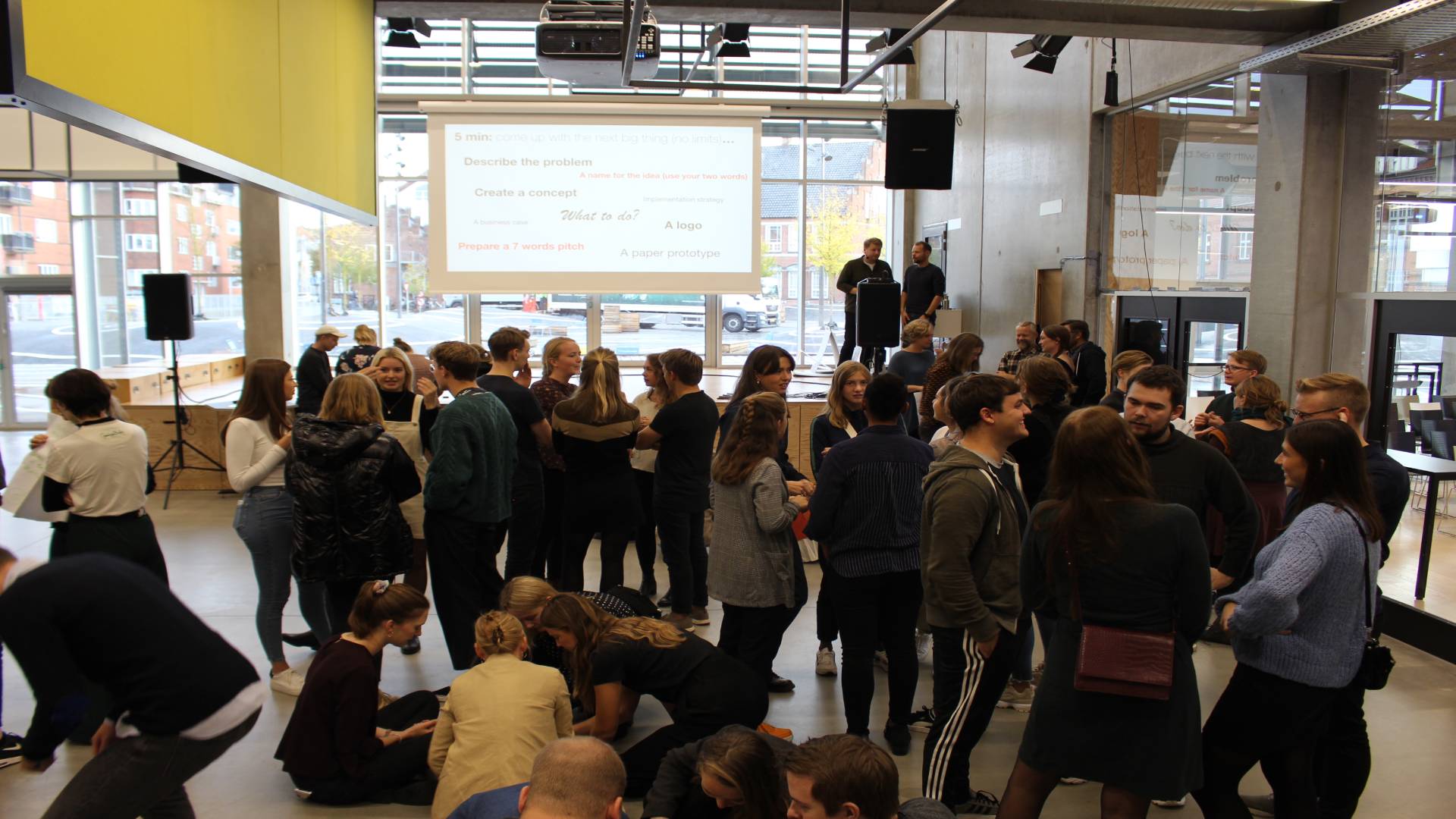
Case Competition, “Stay Relevant” at Aarhus University
The Case Competition “Stay relevant” is an annual initiative targeted at bachelor students from the School of Communication and Culture at Aarhus University as well as the study programme Strategic Communication. In collaboration with their peers, the students use their academic knowledge to find solutions to issues that a variety of local businesses are facing. The initiative is supported by the Aarhus Municipality and the Aarhus Business Council.
This year, the competition lasted 4 days. Experts from Louvain, Oslo, Lisbon, Paris and Humboldt could witness the sessions of the Case Competition during the field mission. The students were introduced to “design thinking” by Lasse Chor, external consultant from his own company, Happy 42, a Danish Consultant Firm in communication. The students worked in groups together with Lasse and professors on study cases that were collected by Aarhus Municipality from local businesses. Students worked collectively and provided solutions to the challenges. They were then trained to pitch their solution to a panel of judges made up of professors from Aarhus University, representatives of Aarhus municipality and from local businesses. The judges evaluated groups according to their ability to pitch but also on the proposed solutions. The competition counted with three prizes: the audience prize given by the audience vote, the WTF prize (for creativity) and the jury prize (on the solution and the pitch).
Transferable Skills developed in the Case Competition “Stay relevant”
The case competition at Aarhus University focused on three transferable skills:
Strategic Partnership InnovEd4TS (Innovative Education for Transferable Skills), is five member universities of Circle U. Alliance : Humboldt University, UCLouvain, University of Oslo, University of Aarhus and Université Paris Cité along with the University of Lisbon
For more information, visit the Circle U.website

Creativity
Students had the opportunity to develop their creativity, the focal point of this course. They had to put a great deal of effort in brainstorming enabling to deliver on time and take collective decisions.
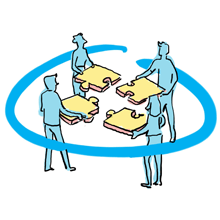 Teamwork
Teamwork
Another skill that students were able to develop according to the experts is teamwork. In fact, this project highly relies on the ability of students to get together and design solutions as a team.

Critical Thinking
Critical thinking was also at stake. Students had to integrate feedback and refine their work. They had to gain awareness about their own skills and shortcomings.
Drawings by Benoit Raucent
Additional Skills … thanks to Covid
Experts were very positive about the Case competition initiative. They highlighted how the students could develop their skills in relation to designing processes. Students learn how to pitch ideas and show potential employers what they can do. This initiative allows them to using theoretical knowledge to solve real business problems such as developing a communication plan/strategy for a hostel and event space post covid-19 or update the image-related communication of a science museum. The students also have the opportunity to learn more about business life and gain insights into critical thinking.
In addition to creativity, teamwork and critical thinking, the case competition helped students develop oral communication and problem solving. Students work on their oral communication skills with the aim to be convincing when pitching their projects to the jury. This year, students had to enlarge and gain additional skills due to the pandemic of COVID-19 as they pitched on Zoom, which gave them the opportunity to experiment new ways and approaches for their presentations.
Bridging the gap between university studies and working life
The involvement of external stakeholders be it business or local authorities is key in the project. The municipality acts like a moderator and is responsible for prospection, focusing on finding small, local companies. The companies play an active part in the case competition as they draft the cases, answer the students’ questions and judge the pitches. Lasse Chor, the Moderator of the Case Competition initiative and external consultant emphasized the importance for students to bridge the gap between theoretical knowledge and the experience gained on the fieldwork: “The knowledge gained at the university combined with the experience in the first years of the career is the basis for doing something creative.”
Students’ Perspective: from theory to pitching solutions
Two students, Nanna Egeberg Andersen and Anne-Sofie Lyngbak, took part in the meeting with the experts. Their case was related to the Natural History Museum of the City of Aarhus. Their group was made up with two other students, Anna Ræbild and Magnus Kræpping. They highlighted the fact that they very much enjoyed working with Lasse Chor as his personality and sense of humor helped them work together on the cases. Additionally, they grasped the importance of using their theoretical knowledge to make a presentation in front of the company. They acknowledged that it can be challenging to present a pitch in a limited time frame. It required them to adapt their vocabulary. The exercise served as a way to analyse an extensive amount of information in an extremely short time span.
Looking ahead : Integrating awards & Internationalisation
Experts found that the format of the project was very inspiring. They suggested that an additional prize might be added to the competition: the peer-review award, which would go more in detail than the audience award, which is essentially a vote on the moment. This would have the students reviewing the project of their peers and develop more critical thinking skills. Another way to do so would be to add a final assignment that would consist in self-assessing what they have learned.
Experts were enthusiastic about the possibility that this initiative could be internationalised through the involvement of international students or by becoming a Circle U. initiative that would enable the entire project to go from local to global.
What is a field mission ?
The six member universities of the InnovEd4TS Strategic Partnership analyse ten Flagship Initiatives involving transferable skills identified by the InnovEd4TS Advisory Board (see the article The strategic partnership on transferable skills InnovEd4TS finalizes its first stage). In order to explore these initiatives, field missions involving a panel of peer experts from the different universities are being carried out. To support the missions, the “booklet” is a tool used which serves as the basis for group discussion on the transferable skills developed by flagship initiatives.
The field mission is a peer learning exercise where professors leading the Flagship Initiative, peer experts reviewing the initiative, and students participating in it all have the opportunity to meet and learn during a two-day comprehensive virtual visit. The purpose is twofold: for the host to share and get interesting ideas and constructive comments on how to develop the initiative further; for the peer experts in the panel to discover an innovative pedagogical initiative and get inspired to implement similar initiatives or to adapt it to their own context and fields of interest.
Hosts at the University of Aarhus
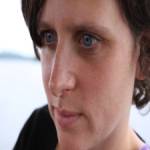
Katrine Solvang Larsen is a Chief Consultant at the Dean’s Staff at the Faculty of Arts. The Faculty of Arts at Aarhus University is one of the largest environments for research and education in Northern Europe. The faculty investigate human cultural and social forms of expression and practice. Katrine advises the Dean and supports the faculty’s strategic initiatives in education and students.
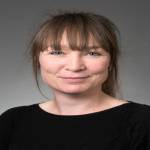
Nina Thiele Zeiss is an Education Consultant at the School of Communication and Culture. Nina advises the School’s Head of studies, and works with the School’s strategy for graduates and quality of education
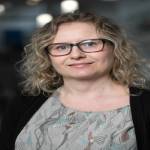
Trine Johansen is an Associate Professor at the School of Communication and Culture at the University of Aarhus. She has written articles like Corporate citizenship: Challenging the corporate centricity in corporate marketing. She is also participating in projects like Communicated temporalities and the temporalities of (corporate/organisational) communication. She works on the English Business Communication (Organisational unit.)
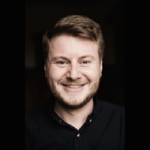
Lasse Chor is a Danish entrepreneur who started his first company at the age of 13, and has since then been heavily involved in the Danish and global entrepreneurship ecosystem. Through his current company Happy 42, Lasse is currently mentor for a number of startups around the world, and advisor to a handful of large corporations including some Fortune 500 companies. Lately Lasse also turned his attention to investments and he is currently active as a private angel investor.
Expert panel
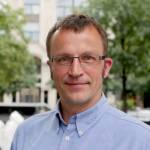
Wolfgang Deicke is a Professor in politics and sociology. He is currently Director of Teaching and Learning Lab at Humboldt University. Before becoming the coordinator of the bologna.lab at Humboldt-Universität in 2012, he variedly taught sociology, politics and the history of European thought and society at the (now) University of Northampton, School of Oriental and African Studies in London and Ruskin College, Oxford. His current research interests are the development of (student) research competencies and organizational development in Higher Education. Since March 2020, he is also joint coordinator of Humboldt-Universität’s Task Force Digital Teaching and Learning.
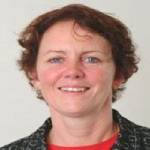 Siren Leirvåg has just finished a six-year period as Head of Studies at the Department of Culture Studies and Oriental Languages (IKOS). She has worked as lecturer of theatre studies at IKOS since 2005. She has been teaching courses in “project work, knowledge sharing and digital tools” at the Faculty of Humanities, University of Oslo. She has also been teaching at the Norwegian Business School (BI) in Creative Industries Management. Her areas of academic work are modern and contemporary Norwegian and European Theatre history, dramaturgy, and performance theory (in a broad sense).
Siren Leirvåg has just finished a six-year period as Head of Studies at the Department of Culture Studies and Oriental Languages (IKOS). She has worked as lecturer of theatre studies at IKOS since 2005. She has been teaching courses in “project work, knowledge sharing and digital tools” at the Faculty of Humanities, University of Oslo. She has also been teaching at the Norwegian Business School (BI) in Creative Industries Management. Her areas of academic work are modern and contemporary Norwegian and European Theatre history, dramaturgy, and performance theory (in a broad sense).
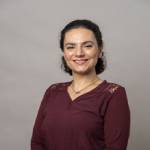
Filipa Pires da Silva is an Assistant Professor of Information Systems and Operations Management at ISEG Lisbon School of Economics and Management, Universidade de Lisboa. She is a research member at CSG – Advance (Research in Social Sciences and Management). Her research interests include competencies development, information systems management, leadership, and project and team management. In recent years, she has developed and coordinated research activities in the area of learning and skills development for the 21st century.
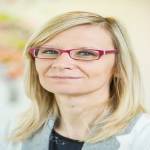
Amélie Jacquemin is a Professor of entrepreneurship at the Louvain School of Management (UCLouvain, Belgium) and academic head of the incubator for student entrepreneurial projects on the FUCaM Mons campus. Amélie is in line with critical approaches to entrepreneurship by deconstructing discourses, myths and tools that naturalize a unique, idealized and heroic entrepreneurial figure. As a teacher of entrepreneurship, Amélie is also developing work on entrepreneurial education by questioning her own pedagogical practices, particularly gamified ones, and their impact in terms of learning on students.
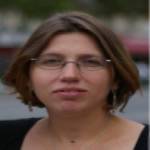
Corina Paraschiv is a Professor at Université Paris Cité in Management Science and decision-making. She is a member of the Research Center LIRAES. In addition, Corina is Co‐Director of the Master Ethics and Corporate Social Responsibility. Corina is interested in Decision Theory, Consumer Behavior, Behavioral Economics, Experimental Economics, Ecommerce, and Ethics of Artificial Intelligence.
Student participants
- Nanna Egeberg Andersen
- Anne-Sofie Lyngbak
Read more
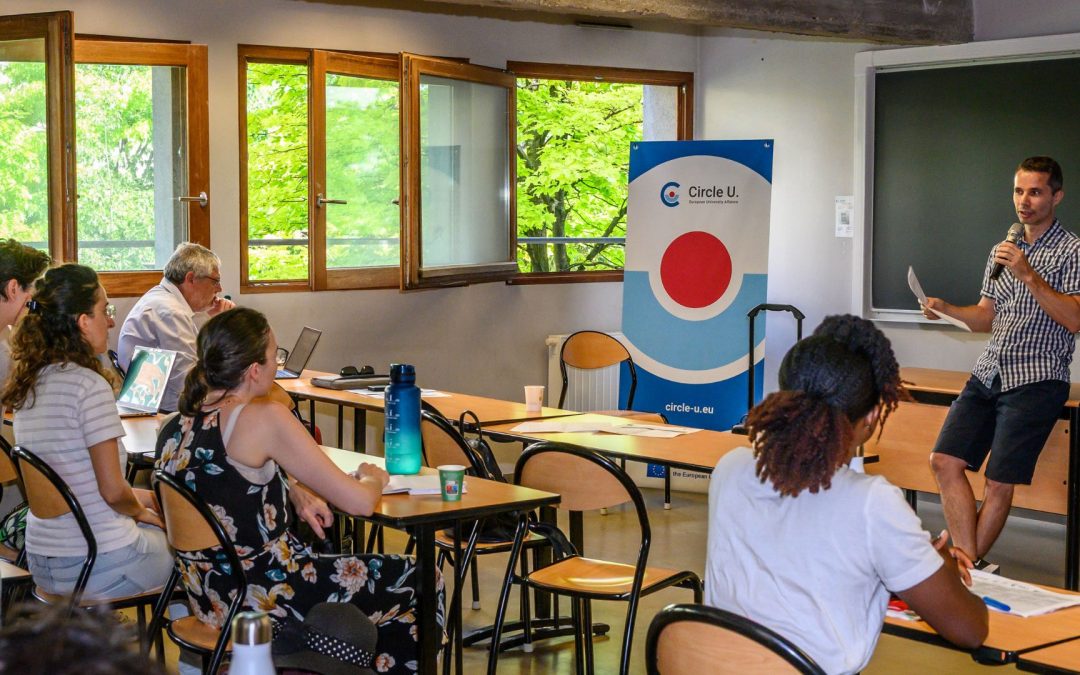
Apply for the Circle U. Summer schools
Are you studying at Université Paris Cité? Do you want to boost your CV while discovering a new country this summer? You can apply to one of the summer schools organised by Circle U., the European alliance of our university. Every year, the Circle U. summer schools...
![[Circle U.] Summer school “New avenues for Global Health”](https://u-paris.fr/wp-content/uploads/2026/01/SUMMER-SCHOOL-CIRCLE-U.-2-1080x675.jpg)
[Circle U.] Summer school “New avenues for Global Health”
![[Bottom-up calls for projects – Circle U.] Internationalise your courses and missions at UPCité!](https://u-paris.fr/wp-content/uploads/2025/10/Bottom-up-UPCITE-1080x675.png)
[Bottom-up calls for projects – Circle U.] Internationalise your courses and missions at UPCité!
Université Paris Cité wishes to support the investment of its administrative staff and academics in Circle U.the European alliance. How? By funding up to 5,000€ projects such as organising international conferences, staff weeks, translating documents to propose...

Université Paris Cité on the path to internationalising its programmes
Université Paris Cité is committed to internationalising part of its study programmes and supporting academic staff who wish to be part of this initiative. In order to provide them with the best support possible in gradually transforming their course modules, it has...
